 Intel’s vision for Ultrabooks is to bring consumers high performance laptop computing in a sleek package with good battery life. So far we’ve seen just that, but the price component is important as well. Intel’s target price for Ultrabooks is around $1000. Thus far, the distribution of prices has been somewhat significant. Here I’m going to do a quick survey of Ultrabook prices so that we can follow the overall pricing of the category and see how it changes over time. I’ll also be looking to see how the prices of existing Ultrabooks have fallen since their release. To do this, I’ll be looking at top-end configurations of Ultrabooks from six major companies. A little while down the line I’ll take another look so we can get a grip on how prices in the Ultrabook market are changing.
Intel’s vision for Ultrabooks is to bring consumers high performance laptop computing in a sleek package with good battery life. So far we’ve seen just that, but the price component is important as well. Intel’s target price for Ultrabooks is around $1000. Thus far, the distribution of prices has been somewhat significant. Here I’m going to do a quick survey of Ultrabook prices so that we can follow the overall pricing of the category and see how it changes over time. I’ll also be looking to see how the prices of existing Ultrabooks have fallen since their release. To do this, I’ll be looking at top-end configurations of Ultrabooks from six major companies. A little while down the line I’ll take another look so we can get a grip on how prices in the Ultrabook market are changing.
Samsung
Series 9
- MSRP: $1399
- Current Price: $1,049
- Change: -26%
Series 5
- MSRP: $1099
- Current Price: $1,049
- Change: -5%
- MSRP: $949
- Current Price: $879
- Change: -8%
HP
Spectre
- MSRP: $1,899
- Current Price: $1,899
- Change: 0%
Folio
- MSRP: $949
- Current Price: $895
- Change: -6%
Dell
XPS
- MSRP: 1,999
- Current Price: $1,999
- Change: 0%
Acer
Aspire
- MSRP: $1,299
- Current Price: $1,199
- Change: -8%
Asus
Zenbook
- MSRP: $1,849
- Current Price: $1,429
- Change: -23%
- MSRP: $1,199
- Current Price: $1,094
- Change: -9%
Lenovo
IdeaPad
- MSRP: $1,999
- Current Price: $1,499
- Change: -26%
U400 (14″)
- MSRP: $1,549
- Current Price: $1,279
- Change: -18%
Totals:
Average Current Ultrabook Price (of the above models): $1,370
It’s good to see that even though there are some particularly pricey Ultrabooks, the average price for top-end configurations is actually not far off from the target of $1000. Of course this is only a sample of the market, not the entire thing, but it’s still encouraging to see that genuine Ultrabooks are available with and average price of $1,370. I’ll be back with another price check in the near future to keep an eye on the trending prices.

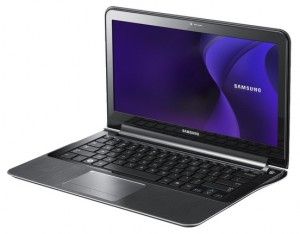
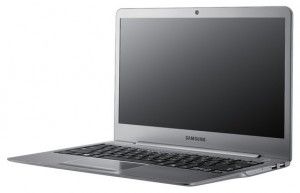
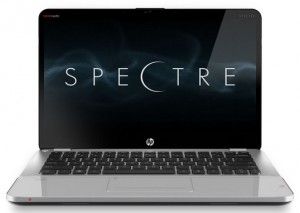
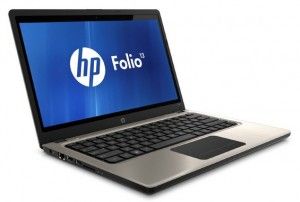
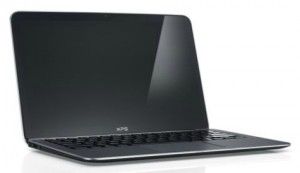
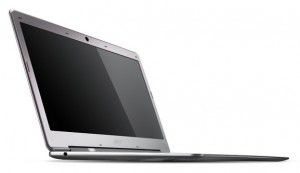
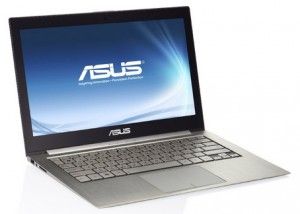
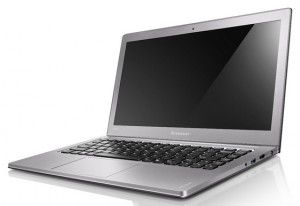










This is a good one. I have been waiting to see a report like this. I mean the price trend of the ultrabooks.
“Intel’s vision for Ultrabooks is to bring consumers high performance laptop computing in a sleek package with good battery life,”
What good battery life? All the ultrabooks are giving is only about 5 to 6 hours. That is good?
5-6 hours is not only better than the 3-4 hour battery life of the laptops of yesteryear, but given the size of the Ultrabooks, the battery life is quite good!
Its challenging to find anything as efficient as an Ultrabook. The HP Folio chooses to have a bigger battery in it and thats getting amazing battery life. Especially for 1.5kg and the price.
Ben, my Asus UL20A “yesteryear” notebook which was also about 1.5Kgs gave me nearly 7 hours with wifi on. And that was well over 2 years ago. I would expect to see substantial improvement since.
Also, in the era of tablets, people are now looking for devices (ultrabooks) that last at least 10 hours.
Common Michael, like there is no difference in a Core 2 Duo laptop to a modern Core i3/i5?
Or a big replaceable battery versus a usually smaller internal one. While battery technology hasn’t really improved yet.
Really, if you’re going to compare them then adjust for the differences to make it relevant.
Higher resolution screens especially use more power as they need more back lighting to provide the same brightness as lower res. screens.
While there have been performance improvements since the UL20A came out.
Ultrabooks still have a long way to go before fulfilling their promise but it’s not that bad of a start considering the limitations they still have to work with…
The HP envy 14 spectre now sells for 1298$ on amazon …